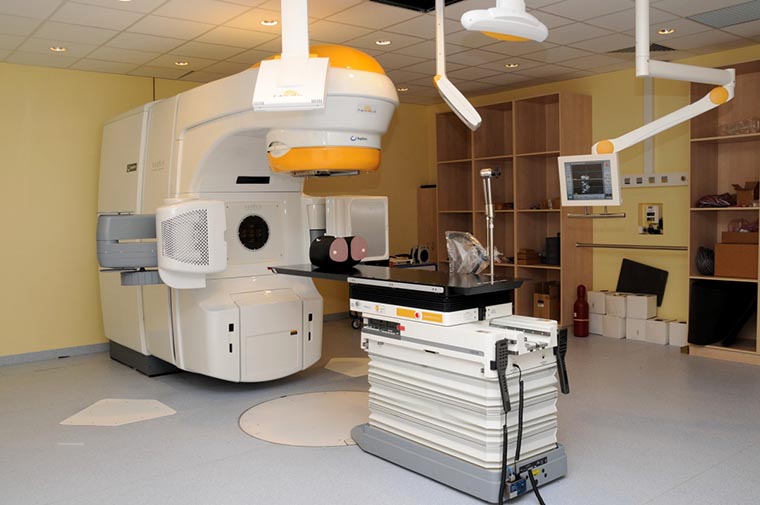- Care
- Cancers in adults
- Brain tumour
- Colorectal Cancer
- Gastrointestinal cancer
- Gynaecological cancer
- Haematological
- Neuro endocrine tumour
- Head and neck cancer
- Skin cancer
- Lung cancer
- Prostate cancer
- Renal cancer
- Breast cancer
- Sarcoma and complexe tumour
- Adrenal tumour
- Testicular cancer
- Thyroid cancer
- Oncogenetics
- Early clinical trials
- Childhood Cancer
- Treatments
- Clinical trials
- Supportive Care
- Hospitalisation - procedures
- Care at home
- Quality and safety
- International Patient
- Cancers in adults
- Research
- Education
- Donate
Information
Address
Gustave Roussy
114, rue Édouard-Vaillant
94805 Villejuif Cedex - France
Switchboard:
Switchboard
+33 (0)1 42 11 42 11
GUSTAVE ROUSSY
1st cancer center in Europe

